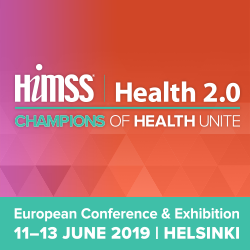In clinical research, next generation sequencing (NGS) allows production of genomic data at an ever increasing rate. Storing genomic data effectively is critical, and while sequencing costs are falling, the cost of storage for the resulting files is increasing. As the amount of data sequenced grows, genomic data storage costs and transfer times can be a blocker on effective research and collaboration.
Clinical Genomics Gothenburg is a translational clinical research facility, performing bioinformatics and sequencing to provide an end-to-end solution to genomic data analysis. Increase in storage requirements was about to place their existing infrastructure under considerable strain. Clinical Genomics Gothenburg found a solution to their problem in PetaGene’s PetaSuite genomic data compression software.
Read more about how genomic data compression allowed Clinical Genomics Gothenburg to increase their storage capacity without modifying their workflows in our case study.
PetaSuite genomic data compression allows 60-90% storage cost and transfer time reductions, increasing storage capacity without adding to it. PetaGene’s software works with existing tools and pipelines, so can be used without workflow disruption. Data is quickly and easily accessed whether in the cloud or on-premise.
Compression is an effective method for managing genomic data generated in clinical research. By compressing genomic data, storage costs and transfer times can be reduced, facilitating analysis and saving valuable resources. To find out more, get in touch using our contact form.
If you would like to keep up to date with news from us, please complete the form to subscribe to updates.


